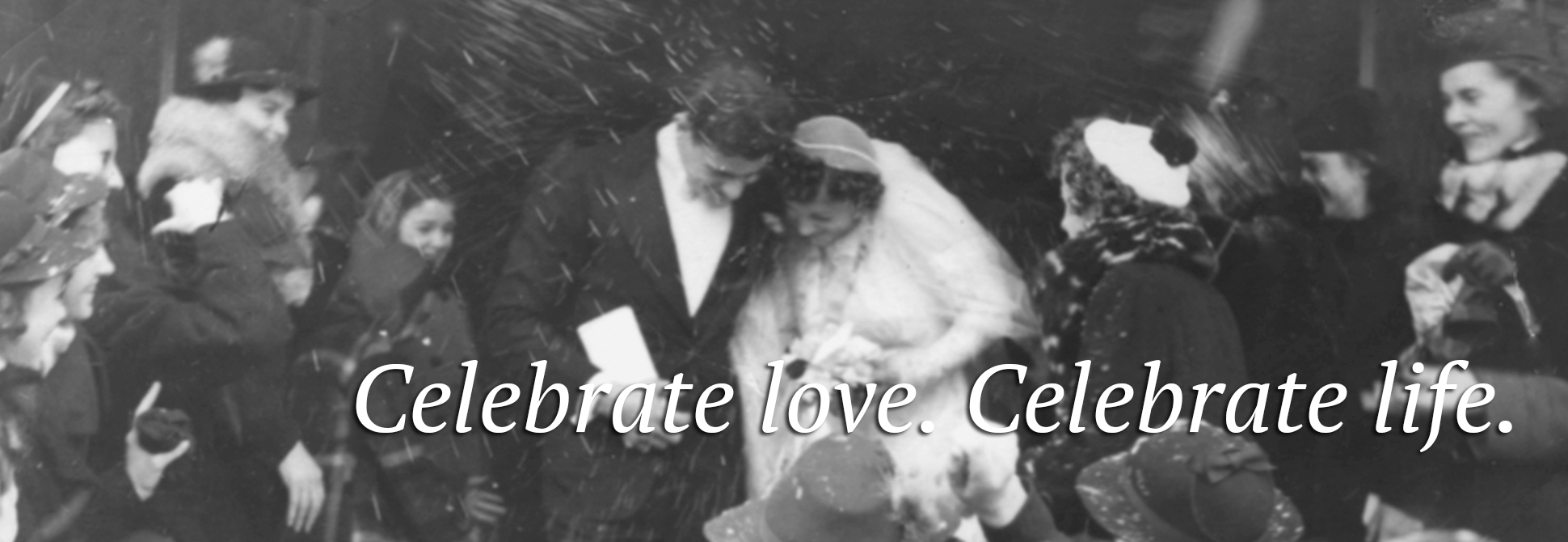The thing about “Closure”
The longer I am a funeral director the greater disdain I have for the word “closure” as it is used in the context of one’s grief. Many well-meaning individuals, and even professionals, often offer this word to others as a panacea to grief by participating in a viewing, funeral, or graveside service. All of these are valuable ways for the family to mourn and the community to show support. At their best, none of these are meant to “bring closure.” The purpose of funeral rituals and practices is to create a condition of the mind and spirit in which healing can begin.
Grief is a stranger to closure. Over time, the pain of grief lessens but it takes up residence inside your soul. It can remain unnoticed for long periods of time until suddenly, without notice, grief will be awakened by one of the senses. It then acutely manifests itself for a time before retreating once again inside one’s soul. Closure insinuates that grief can be ended. Acknowledging the longevity of grief and allowing oneself to heal is healthy.
Bill Spence







Comments